- – An Economist and Senior lecturer at the University of Cape Coast (UCC), Dr John Gatsi, has described as surprising, government’s decision to extend the IMF credit program despite its earlier stance it would end it in April 2018.
 “It is surprising because if you listen to the key members of the economic management team, they initially indicated they were going to abolish the program and that couldn’t happen,” he said.
“It is surprising because if you listen to the key members of the economic management team, they initially indicated they were going to abolish the program and that couldn’t happen,” he said.
Mr. Gatsi said although he is unsure of the circumstances under which the program was extended, he believes it was not imposed on the country.
“We do not want to believe that it was an imposition because if it is an imposition that would have actually played off the scheme of the government because it indicated in this year they were going to exit the program because it was not in the interest of the country.”
Citi News gathered on Thursday that the government reached an agreement with the International Monetary Fund (IMF) to extend the Credit Facility programme by a year.
This followed a conclusion of an assessment of the fourth review of the Extended Credit Facility by the IMF board.
IMF approved a 94 million dollar disbursement and the program extension. Dr. Gatsi said the program, despite the backlash, had helped the country to restructure its economy.
“We have seen some of the benefits of the program; in the performance of inflation, the way the Bank of Ghana is restructuring and other focus of national management such as fiscal discipline in our country, and that work would have to take some time to be concluded.”
He however expressed disappointment in the fact that, not much was seen of the program in stabilizing the country’s currency against other major trading currencies.
“We have not seen the currency performing to the expectation of the average Ghanaian and businesses, and that has affected other aspects of the economy. We have not seen how the IMF program has ensured the protection of social investments, as stated in the document,” he noted.
Ghana in 2015, entered into an agreement with the International Monetary Fund for economic assistance.
The deal concluded with a funding support of 918 million dollars to be disbursed in eight tranches.
Some key issues that have dominated the signing of the agreement include the freezing of public sector employment, reducing the budget deficit, and zero financing of the budget deficit by the Bank of Ghana
Samcilla/BjrliveFM.com/10917/CitiBusiness

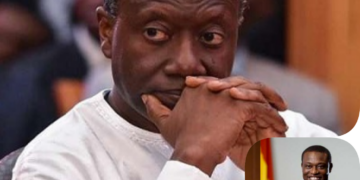




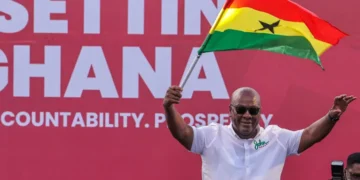

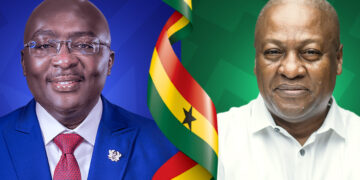

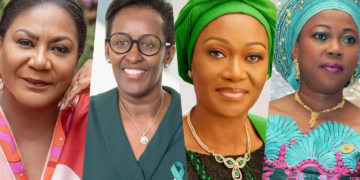










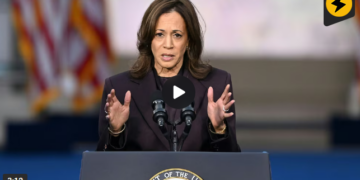
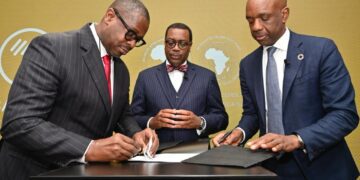
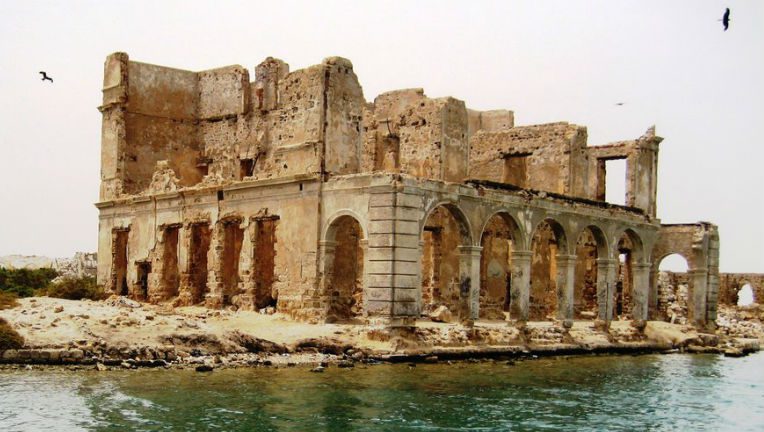

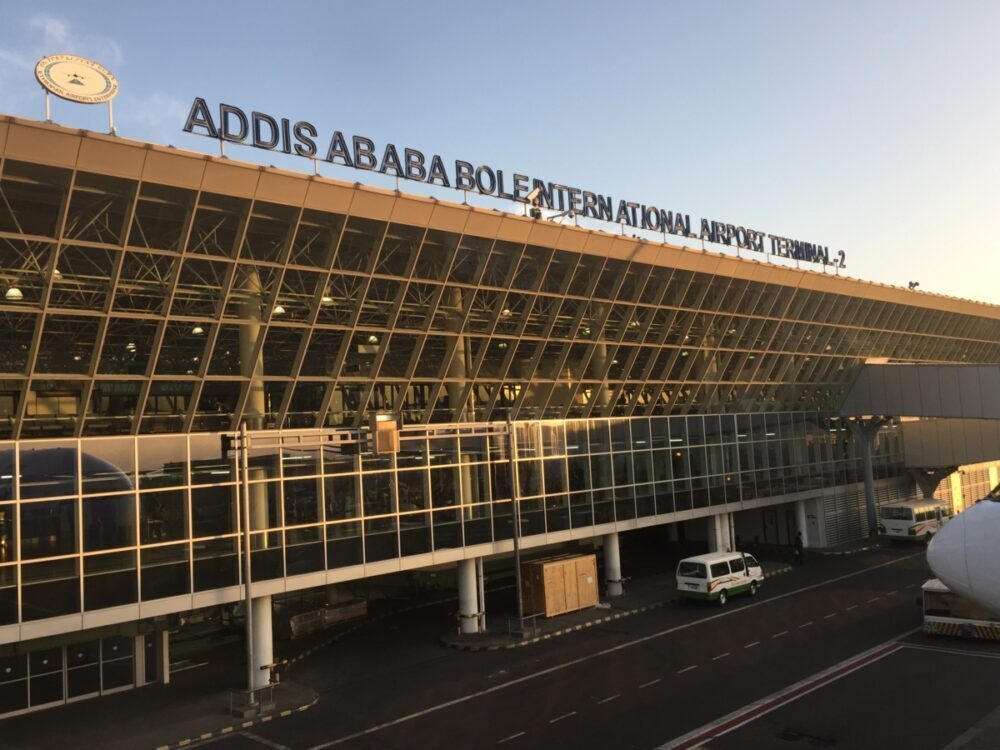














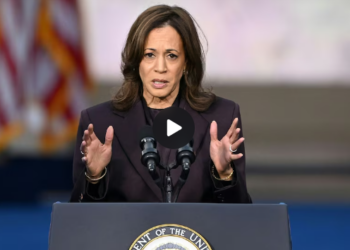














Discussion about this post